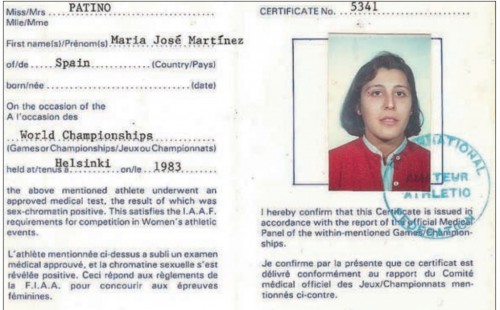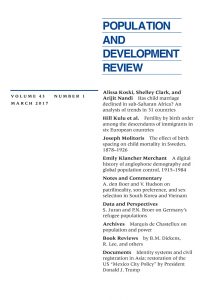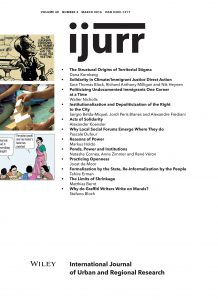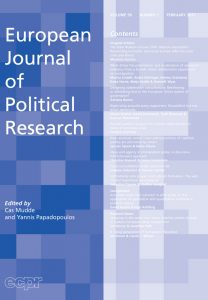Who Controls the Media?
 by smteixeirapoit
by smteixeirapoit
This week, the Venezuelan government removed thirty-four radio stations from the air for failing to submit registration papers promptly. Venezuelan citizens argue that eliminating these radio stations hinders freedom of speech. Additionally, Antonio Ledezma, the opposition mayor of Caracas, contends that removing these radio stations demonstrates the government is “scared of freedom of expression”.
This raises several questions: Who controls the media? Why do they control access to certain sources of information? Perhaps, the government controls the media in order to squelch anti-government sentiment. This seems plausible given that the presidency of Hugo Chavez has faced considerable criticism and the government has proposed legislation imprisoning journalists for publishing “harmful” material.
The control of the media in Venezuela mirrors that in Mexico. In 1994, the Zapatistas responded to inhumane treatment by declaring warfare against the Mexican government. In response, the Mexican government attempted to contain the conflict by limiting media coverage. Mexico was not the only nation to regulate media exposure of the conflict; the United States also regulated it to minimize coverage of Mexico’s role in the counterinsurgency.
Senter, Reynolds, and Gruenenfelder (2005) provide a detailed analysis of the relationship between the government and the media, concluding that the presidency has the potential to influence the press. These findings highlight how people in power can influence the distribution of information and, in essence, can shape our understanding of the world.
![]() “The Presidency and the Print Media: Who Controls the News?” By Richard Senter, Larry Reynolds, and David Gruenenfelder
“The Presidency and the Print Media: Who Controls the News?” By Richard Senter, Larry Reynolds, and David Gruenenfelder
















